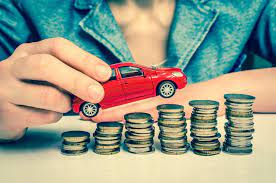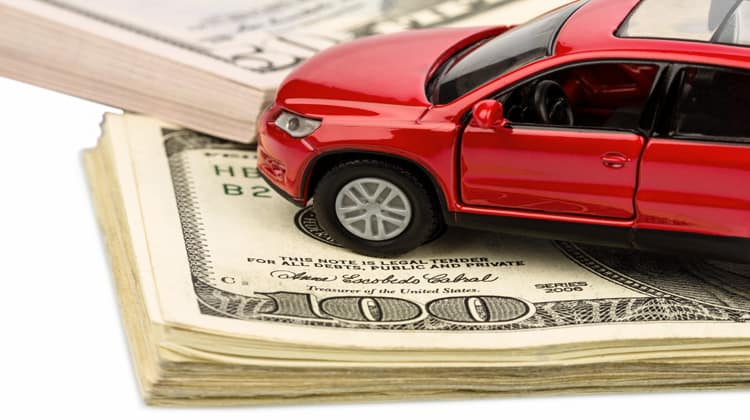Money on Car Expenses
Susan Kelly
Nov 02, 2022
When it comes to your personal finances, the more cost-cutting steps you take right now, the more money you'll save in the long run. Here are some of the greatest locations to start saving money on your car expenditures, keeping in mind that the potential savings you may achieve will vary greatly based on the specifics of your own circumstance.
New Car Purchases
The purchase of a new vehicle is one of the biggest single transactions that most individuals do on their own, second only to purchasing a home. Unfortuitously, these are also some of the agreements that do not often consider what is in the purchaser's best interest. Learn how to avoid the five most common and costly blunders when shopping for a car before buying a brand-new one. After you've educated yourself about the most typical errors made while purchasing a car, you should check into the following options to save money on the transaction:
Keep Your Car for a Longer Time
Not only does the price of new automobiles go up every year, but vehicles lose their worth very rapidly, and if you trade in your vehicle often, you end up losing money due to the poor value of your trade-in. Invest in a car of high quality and plan to retain it for at least five to seven years.
- $400 to $1,000/yr.
Go Small
When purchasing a new car, you should consider buying a smaller model. They are often more affordable, and they typically have a higher mileage per gallon rating because they are lighter. In addition to this, insurance premiums are reduced.
- $400 to $600/yr.
Check Fuel Efficiency
When buying a new car, it is important to consider how the different options will affect the vehicle's MPG. For instance, running the air conditioner on the highway will cause you to lose several miles per gallon, and it will cost you much more if you drive in stop-and-go traffic. Additionally, automatic transmissions get roughly 5 miles per gallon less than manual transmissions.
- $400/yr or more.
Save Money on Car Maintenance
After you've paid for the vehicle outright, you'll need to factor in the cost of a monthly payment, the charges for car insurance, and the cost of fuel. If you take our first piece of advice, which is to get a vehicle of high quality and retain it for a car of years, then it is inevitable that you will also rack up costs associated with vehicle maintenance. However, there are ways to save costs in this area as well:

Get Regular Tune-ups
Make sure that your car is always properly tuned. A car that is severely out of tune might see a 4% improvement in its fuel economy once it is tuned. It is more cost-effective to pay the fee for a tune-up.
- $150 to $250/yr.
Stay on Top of Maintenance
Regardless of how frequently the owner's handbook for your car advises you to change the oil and oil filter, you should do it every 3,000 miles instead. Changing the oil in your vehicle's engine on a more regular basis is the essential thing you can do to lengthen the life of your engine, and it will more than pay for itself in savings on maintenance and engine wear.
- $500 to $3,000.
Make adjustments to the Filters
Check a monthly inspection of the air filter in your vehicle. The engine's lifespan is shortened, and the vehicle's gas economy is decreased by up to 10% when the filter is unclean. You can either remove the filter and clean it by hand using an air hose or replace it.
- $130/yr or more.
Save Money on Gas and Driving
You are not going to be able to negotiate better gas costs in the same way that you could bargain the price of a car, but there are things that you can do to minimize the total amount of money you spend on petrol. Many of the categories we discussed before can help you save money at the gas station by making your vehicle more fuel-efficient; however, there are a few more things you can do to save money, including the following:

Avoid the Urge to "Top off The Tank When You Are Getting Gas"
If you park on a slope or leave the vehicle in direct sunlight, the gas might expand, causing some of it to spill over.
- $20 to $53/yr.







